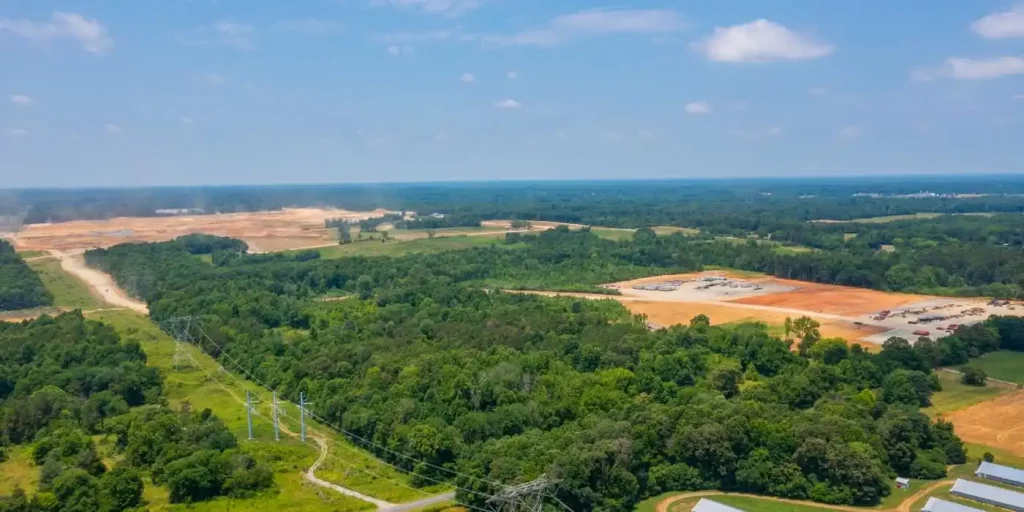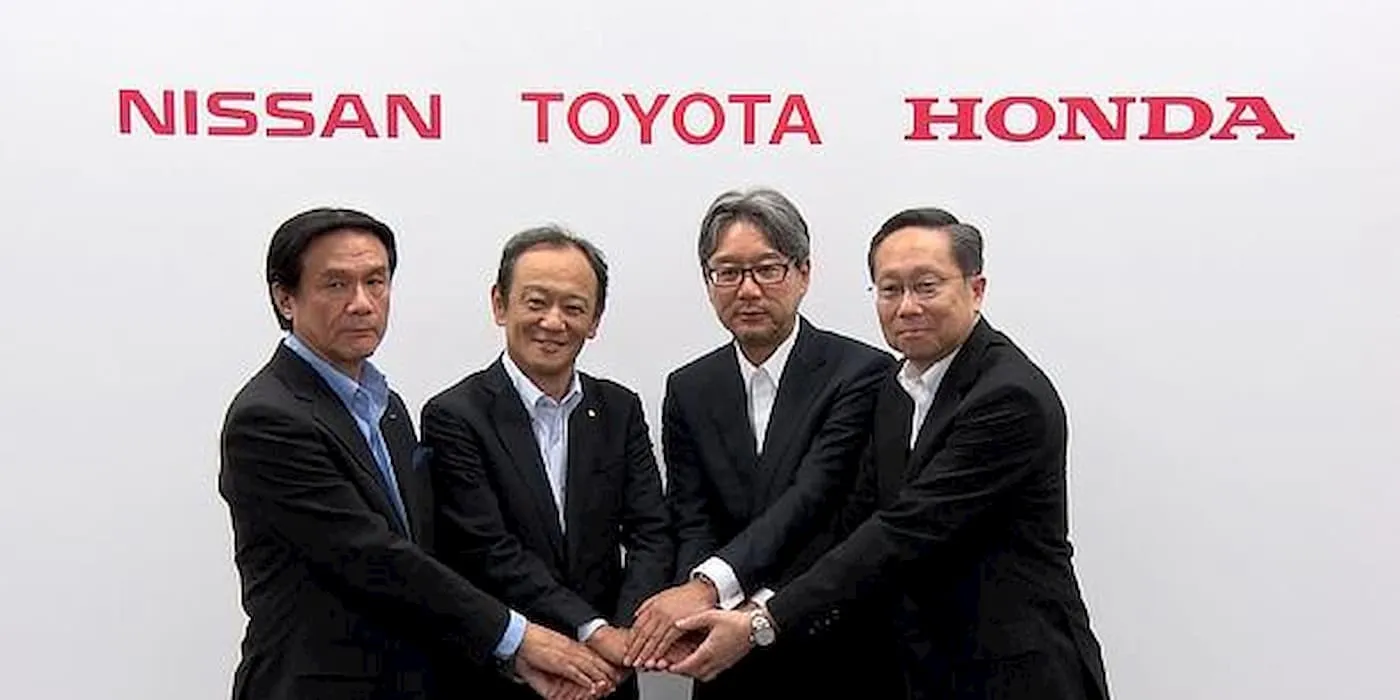Japanese automakers Toyota, Honda, and Nissan, are being called out again for their lack of progress with battery electric vehicles and decarbonization efforts. Greenpeace, a nonprofit organization promoting a sustainable future, released a new study finding that Japanese automakers lag behind their peers.
Japanese automakers have been notoriously slow in their efforts to introduce all-electric models to the market. Despite Toyota being the first to reveal a mass-market hybrid vehicle, the Toyota Prius, in 1997, the automaker (and the entire country) has made little progress since.
What’s interesting, however, is Japan has the third largest economy and hosts some of the most advanced technologies like bullet trains (with speeds up to 199 mph), quantum computing, and smart farming.
Then why is it so behind in decarbonization and fully electric vehicles?
Japan falls behind in the EV race
For one thing, Japan has a relatively conservative culture. The country firmly believes in order and hierarchy. So, naturally, when it comes to a significant change, it will be up to the leaders. And if you look at past comments from Toyota, Honda, or Nissan’s higher-ups, you will notice a trend of thinking similar to the saying, “if it isn’t broke, don’t fix it.”
This type of thinking often results in slow change, which we are seeing now. For instance, the Executive Vice President of Sales for Toyota North America was recently quoted saying:
I don’t think the market is ready [for EVs]. I don’t think the infrastructure is ready.
SEE ALSO: Osinbajo: Use of Gas as Transition Fuel Will Help Nation’s Development Goals
That’s despite all the evidence that shows electric vehicles are the future:
Nearly every automaker (startups and legacy) plans for an all-electric lineup (or close to it) by the end of the decade. Not only that, but they can’t keep up with the demand for the EVs they already have.
California, Washington, and Massachusetts all moved to ban gas-powered vehicles by 2035. Seventeen states in total follow California’s emissions laws, though not all of them have adopted the 2035 ban.
Tesla, which only sells EVs, says the Model Y is on track to generate the most revenue of any car this year and is likely to be the best-selling vehicle next year overall.
The evidence shows people want EVs, and that’s where the market is heading.

Toyota, Honda, and Nissan are last in decarbonization efforts
Greenpeace’s new study finds that Japanese automakers Toyota, Honda, and Nissan rank lowest in their efforts to promote a cleaner future out of the top 10 automakers.
After zero-emission (not hybrids) didn’t even generate 1% of the automaker’s total sales, Toyota ranked dead last. The study also found Toyota to have one of the least developed supply chains for decarbonization.
Climate and energy campaigner for Greenpeace Japan gets it right, saying:
The time for hybrids, I think, has finished.
Yes, it is. Hybrids are not the solution. They are only helpful as a bridge to fully electric vehicles. Only then will the transportation sector trend toward sustainability.
Honda ranked ninth as Greenpeace points out the company’s lack of planning to hit its goal of introducing 30 new electric vehicles by 2030.
Ranking eighth is Nissan. Despite building an early lead in the EV market with the Nissan LEAF, zero-emission sales have failed to see much progress.
Can Toyota, Honda, and Nissan turn it around?
Although the Japanese automakers have been dragging their feet, it seems they may be warming up to the idea of EVs in the past week or so.
Last week, Toyota announced it would be tripling funding for its North Carolina EV battery plant. Although $3.8 billion isn’t massive for an EV battery plant, it’s still a step up from its previous plans. Furthermore, the automaker said it would convert a Japanese engine facility into an EV battery plant.
On the other hand, Honda also announced last week it would invest $4.4 billion in a partnership with LG Energy to build EV batteries in the US. And then, Tuesday, it partnered with Hanwa for additional battery minerals.
Nissan also dived deeper into the EV market by introducing its first-ever V2G charger for Nissan LEAF owners capable of selling energy back to the grid.












